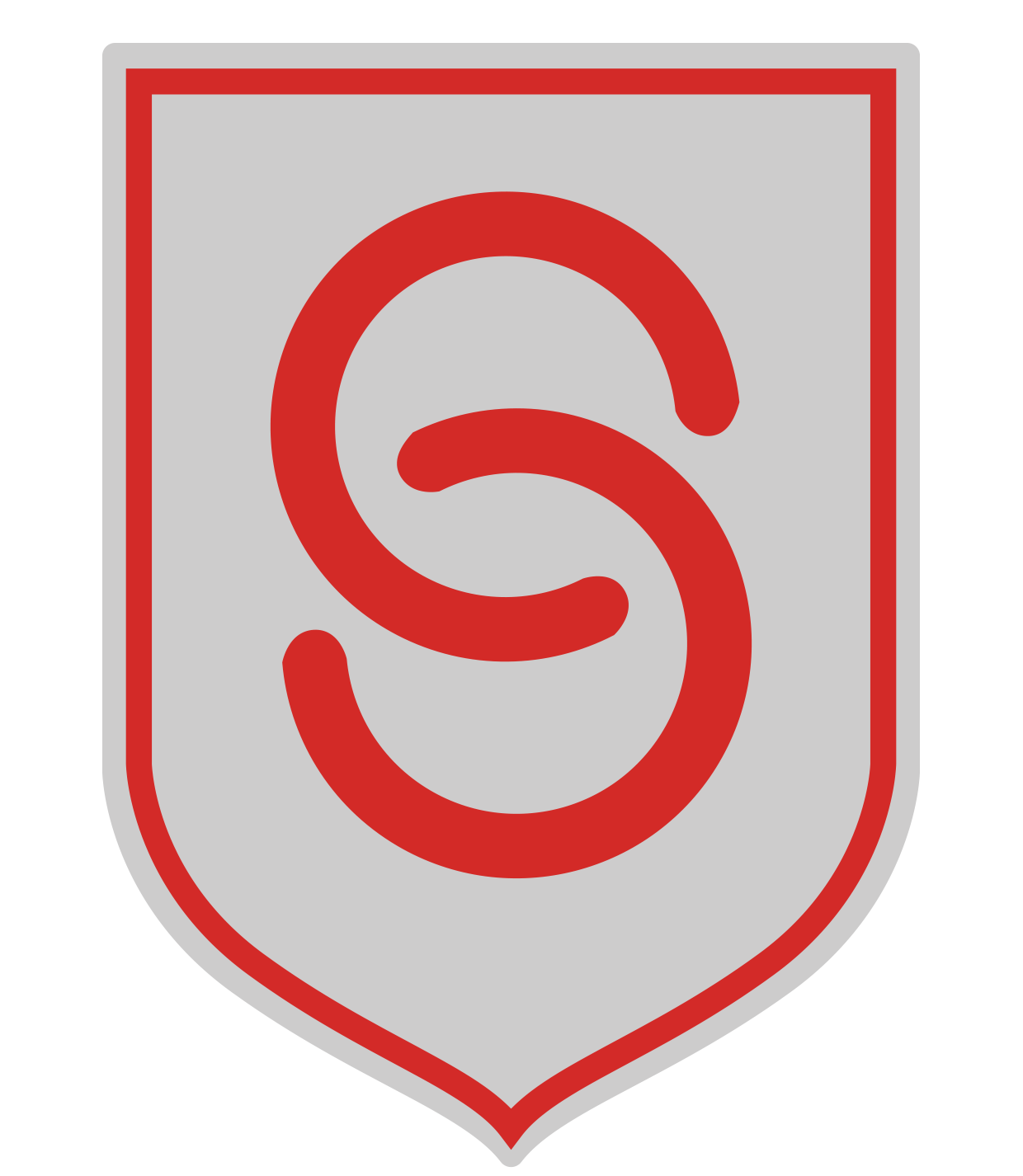Online Safety
The internet has become an integral part in all our lives. With various opportunities to connect with people from all walks of life. However, the online world is posing an ever-increasing risk to children, and it is important that schools, parents and carers work together to take an active role in teaching children about online dangers. Learning how to act safely when using the Internet is an incredibly important part of safeguarding our children.
At Crestwood, we proactively promote E safety, digital citizenship and the prevention of cyberbullying; bullying of any form has no place at Crestwood. And once we are made aware of it we will tackle it. Students are taught about Online Safety at the start of each school year during Key Stage 3 and this theme is repeated throughout PDL topics. Students are confronted with the harsh reality of issues such as cyberbullying, sexting and child sexual exploitation. We openly consider social media as both a force for both good and bad and students are encouraged to protect themselves from a number of online threats.
To support our parents/carers, students and community in navigating various aspects of the online world, especially social media we recommended some key websites that provide advice and guidance on e-Safety, helping you and your children use the internet responsibly and keeping you and those you care about safe online.
The Child Exploitation and Online Protection Centre (CEOP) http://ceop.police.uk/
CEOP works across the UK tackling child sex abuse and providing advice for parents, young people and children about internet safety and online safety.
Think U Know http://www.thinkuknow.co.uk/
Find the latest information on the sites you like to visit and on mobiles and new technology. Find out what’s good, what’s not and what you can do about it. If you look after young people there’s an area for you, too – with resources you can use in the classroom or at home. Most importantly, there’s also a place which anyone can use to report if they feel uncomfortable or worried about someone they are chatting to online. Go to Think U Know.
UK Safer Internet Centre http://www.saferinternet.org.uk/advice-and-resources/parents-and-carers
They deliver a wide range of activities that promote the safe and responsible use of technology, providing advice and support.
Know it all (Childnet International) http://www.childnet.com
Childnet’s mission is to work in partnership with others around the world to help make the internet a great and safe place for children. Working directly with children and young people from the ages of 3 to 18, parents, carers, teachers and professionals they find out about real experiences, and share the positives as well as online safety advice.
Parental Controls - The “Big 4” UK internet service providers provide customers with free parental controls which can be activated at any time. Here they have come together to produce some helpful video guides to help you to download and set-up the controls offered by your provider.
http://www.saferinternet.org.uk/advice-and-resources/parents-and-carers/parental-controls
However, if you have any safeguarding concerns around your child’s online usage, please contact either your child’s tutor, year leader or Mr Nash, our Designated Safeguarding Lead (DSL) - tim.nash@crestwood.hants.sch.uk or Mr Whittick, the deputy DSL - andrew.whittick@crestwood.hants.sch.uk
We also recommend the use of the National Online Safety website - https://nationalonlinesafety.com/resources/platform-guides/. Through this website you will find the most up to date resources for social media apps and platforms. The resources include Parents & Carers courses, online video resources and weekly guides covering a huge range of topics, including:
- Online Relationships
- Fake Profiles & Social Bots
- Online Bullying
- Online Grooming
- Child Sexual Exploitation
- Sexual Harassment & Violence
- Sexting
- Live Streaming
- Online Identity
- Screen Addiction
- Online Challenges
- Overspending
- Social Media Platforms
- Online Gambling
- Radicalisation, Terrorism & Extremism
- Age Inappropriate Content
- Copyright & Ownership
- Hacking
- Fake News
- Online Fraud
- Online Reputation
- Personal Data
- Pornography
- Targeted Adverts & Pop-Ups
- The Dark Web
- Games & Trends
Parents can also undertake some free online courses around online safety. Please follow the links below:
Annual Certificate in Online Safety for Parents & Carers of Children aged 11-14
https://nationalonlinesafety.com/hub/view/course/os-for-parents-carers-of-children-aged-11-14
Annual Certificate in Online Safety for Parents & Carers of Children aged 14-18
https://nationalonlinesafety.com/hub/view/course/os-for-parents-carers-of-children-aged-14-18
Parent Guides to Online Safety
10 Tips to Help Your Child Stay Safe Online Parent Factsheet
Cyberflashing Parent Factsheet
